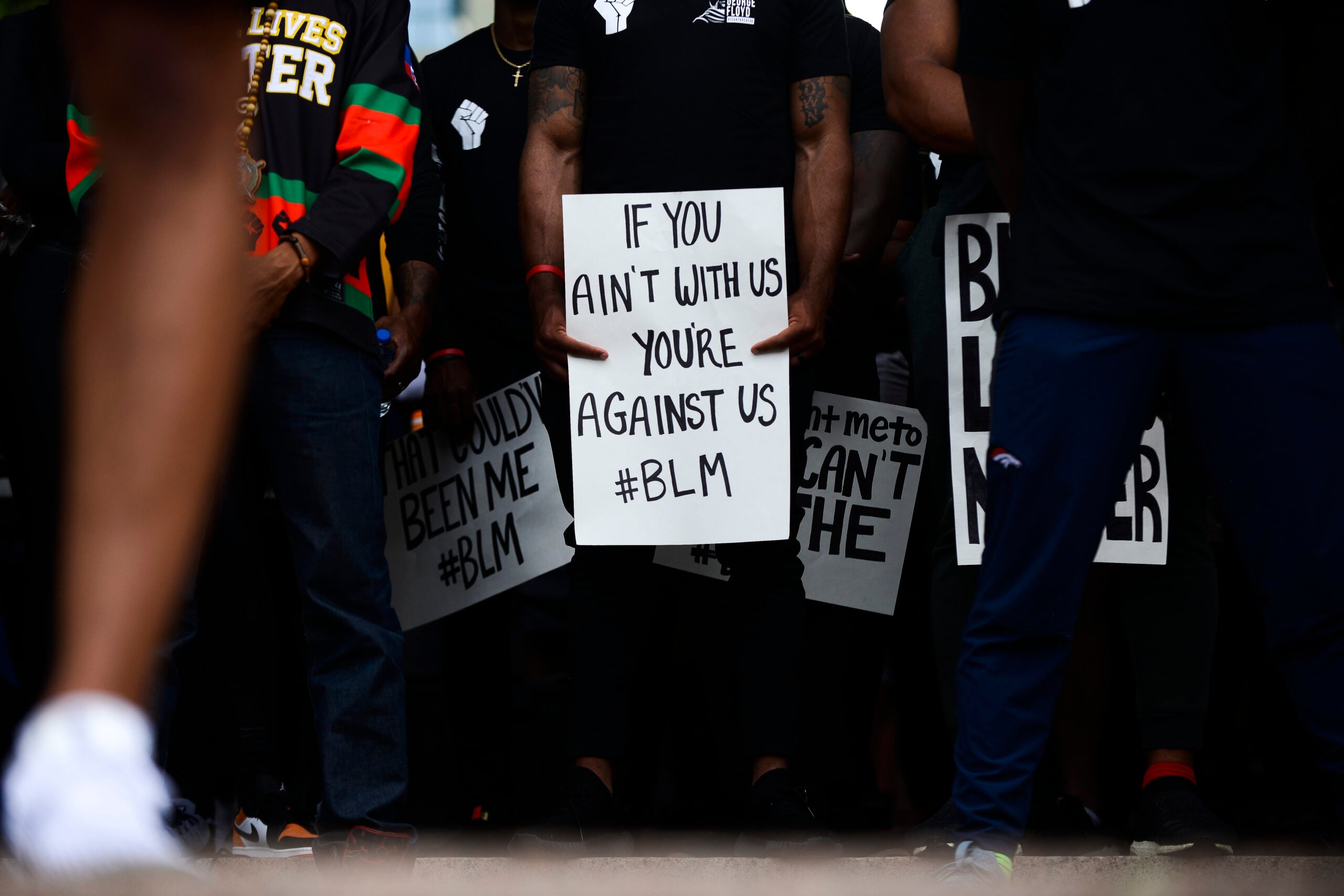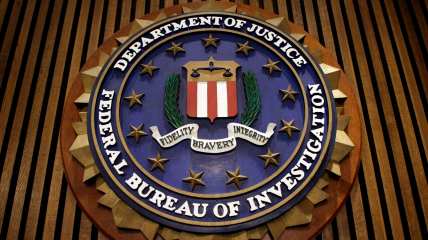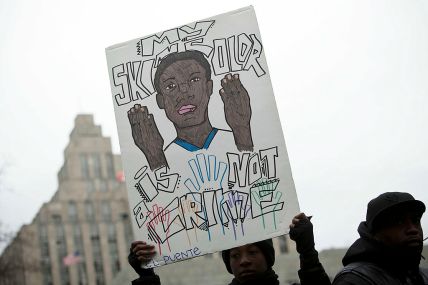‘The Holly’ documentary unveils corruption in Denver Police Department
“We've seen over certainly decades now that law enforcement has set their sights on especially Black activists who seem to have a lot of power or potential in their communities,” says Julian Rubinstein, director of “The Holly.”
In a newly released documentary titled “The Holly,” journalist and director Julian Rubinstein uncovers corruption within the Denver, Colorado police force and tells how a former Bloods gang member — and mayoral candidate — was wrongfully targeted by law enforcement.
The nearly two-hour film, which is based on Rubinstein’s book “The Holly: Five Bullets, One Gun and the Struggle to Save an American Neighborhood,” takes viewers on an eight-year journey spotlighting the life of anti-gang activist Terrance Roberts, who encountered an unfortunate set of events nearly a decade ago.
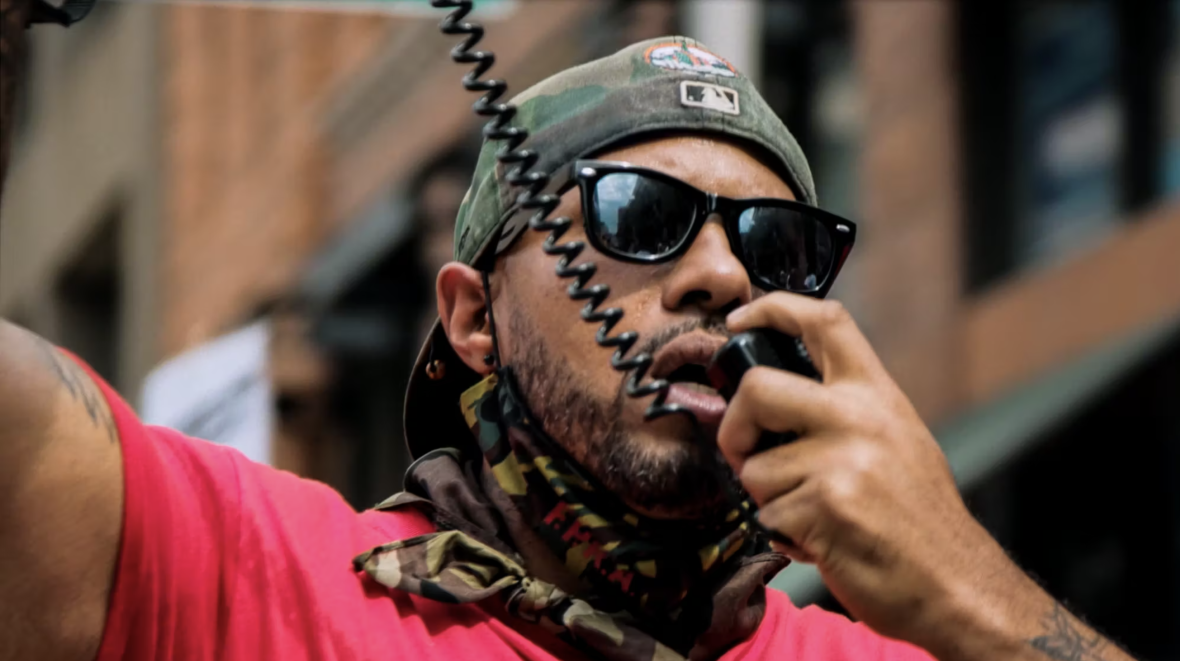
On Sept. 20, 2013, Roberts organized a peace rally in Holly, a neighborhood located in Denver. While peacefully protesting, the activist heard dozens of Bloods gang members calling him a “snitch.”
Roberts told theGrio earlier that day he found several threatening notes on the premises of the Holly Square, including a half-eaten rotisserie chicken with a knife and a note that read: “B–h a– n—a, snitch a– n—a.”
He tried to ignore the threats but said things quickly escalated. Roberts feared for his life and, at one point, during the peace rally, found himself surrounded by more than 60 gang members. Roberts said in self-defense, he armed himself and then shot Bloods gang member Hasan Jones.
As a result, Jones was left paralyzed from the waist down and Roberts was charged with attempted first-degree murder and first-degree assault.
After Roberts’ arrest, prosecutors presented him with a plea deal; however, he refused to accept it and requested a jury trial.
“I thought there was a chance I could go to prison,” he told theGrio.
Roberts said he had no intention of fatally shooting Jones. “I’m not a savage,” he explained.
“When I think about how Jones looked on the ground, he looked really bad – I told him, ‘I’m not going to kill you.’”
On Oct. 9, 2015, Roberts was acquitted of any wrongdoing in the shooting.
He stated, “I didn’t even put on my suit jacket when I was running from the media and running down the stairs after the acquittal. If you look at my shoes, you’ll see a Nike swoosh. I was wearing tennis shoes because I didn’t know if I was going to get locked up.”
In documents obtained by Rubinstein, the Denver Police Department hired gang members to target unidentified individuals through an investigative operation called “Bleed Out.”
According to witnesses, before the shooting took place, an informant accused Roberts of being a “snitch” and then told Jones to “deal” with him, which then led to the 2013 shooting.
Roberts told theGrio that he believes racism played a role in why Denver police targeted him.
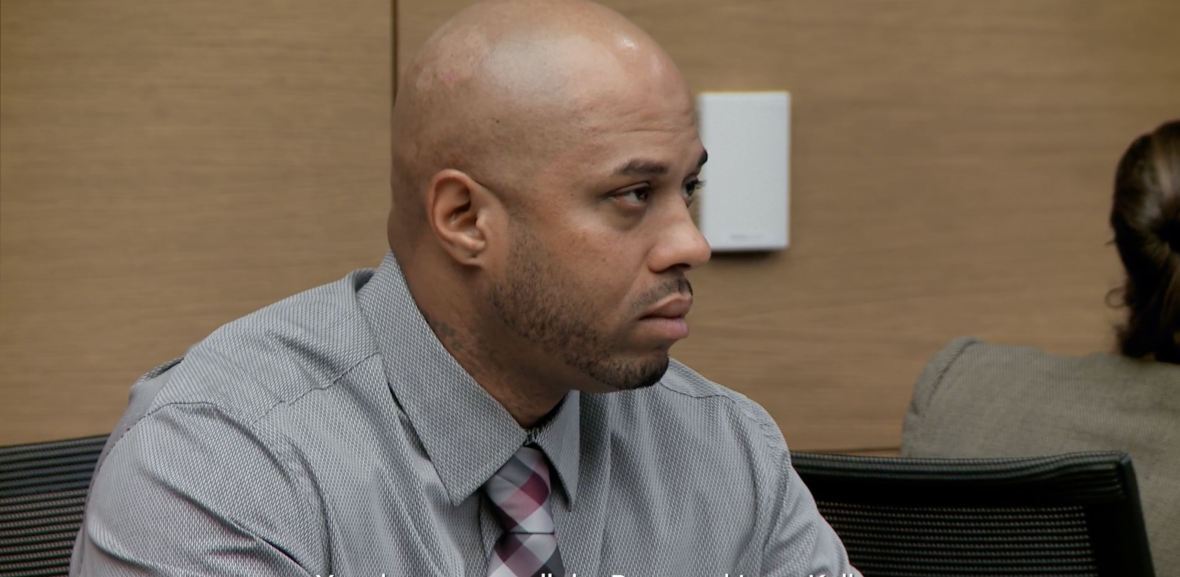
“There’s a lot of racism within our law enforcement and I’m an example of them running counterintelligence programs on me,” he said.
Law enforcement, he said, targeted those it believed to be a threat to democracy. However, Roberts made so such a threat.
“I’m actually doing what I’m doing to add more democracy. I’m fighting fascism,” said Roberts of his activism in the community. “But if your name comes up on the radar and if you’re not doing anything illegal for them to give you a drug case or a weapons case, they will find various ways to shut you down.”
Rubinstein compared DPD’s “Bleed Out” operation to the FBI’s 1956 Counterintelligence Program known as COINTELPRO. During that time, federal agents infiltrated Black organizations like the Black Panther Party and violated the First Amendment rights of Black activists.
He told theGrio, “We’ve seen over certainly decades now that law enforcement has set their sights on especially Black activists who seem to have a lot of power or potential in their communities. They’re, for whatever combination of reasons, seen as a threat.”
Rubinstein suggested Roberts was a target because he talked about things that garnered community support and attention, which was “at odds with some powerful interests in Denver.”
He added, “It was pretty clear that he [was] being targeted by law enforcement, arrested, undermined, and kind of destabilized.”
This was not the only time Roberts was targeted by law enforcement. According to Roberts, in 2020, FBI informant Michael Adam Windecker II, who was exposed in the “Alphabet Boys” podcast, also targeted him during a Black Lives Matter protest over the police-related deaths of George Floyd, Breonna Taylor and Elijah McClain.
During protests, Roberts was charged with two felonies and 12 misdemeanors for “inciting a riot.” However, the charges were later dropped. Roberts told theGrio that Windecker was behind the violence that occurred at protests he spearheaded.
“When [Windecker] showed up…he was one of the ones telling these young men to go break building windows and to be destructive and that’s what they charged me with — inciting a riot — because it was my events,” he stated.
As theGrio previously reported, Windecker also targeted several other Black activists in recent years.
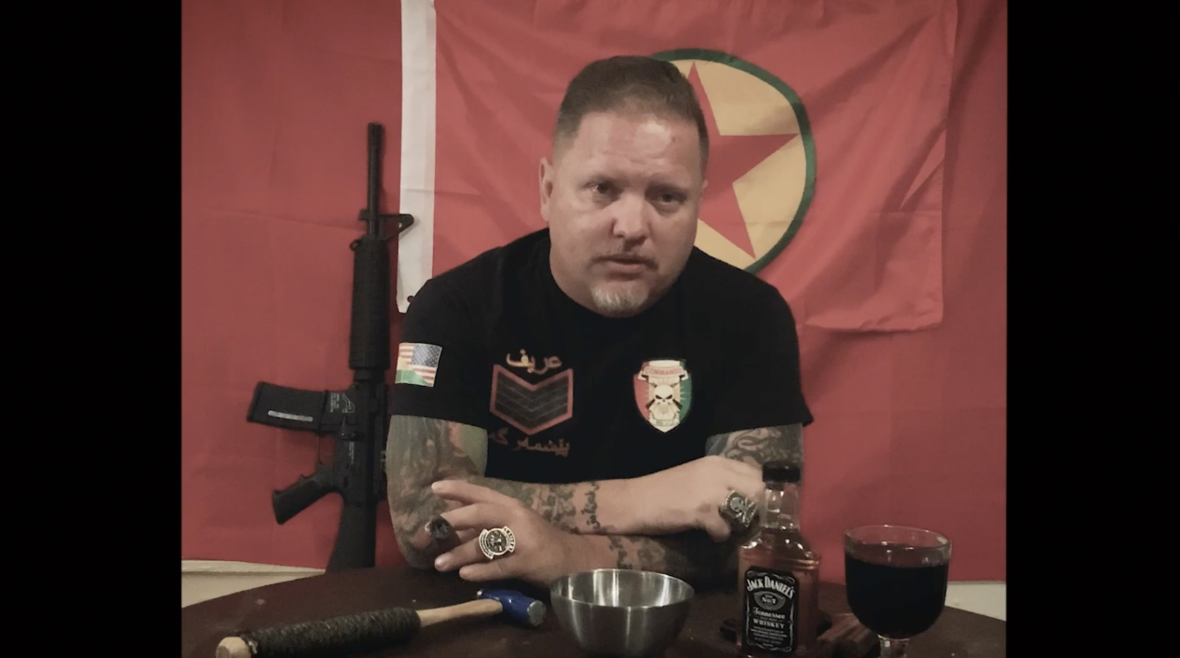
In “The Holly,” Roberts said he became a member of the Bloods gang at 14 because he really loved his community.
“I didn’t become a Blood because I liked wearing red; I became a Blood because that was the representation of the community of where I was from,” he said in the film.
At 17, Roberts was sentenced to nearly 10 years behind bars for weapons, robbery and assault charges.
While carrying out his sentence, he turned his life around after watching a documentary about Martin Luther King Jr. He said that he was greatly impacted by King’s “I’ve Been to the Mountaintop” speech.
“[King] said at the end of his speech, when you get to the mountaintop, I won’t be there but God has shown me the vision and all that … made me want to cry,” he recalled in the film.
He added, “I was like man this is deep and I was in my cell and I stayed up all night thinking about my life…I started reading more about activists. I read ‘The Autobiography of Malcolm X,’ ‘The Autobiography of Martin Luther King Jr.’ … that started seeping into my spirit that that’s the kind of person who I wanted to be like.”
After his release from prison in 2004, Roberts launched several programs, including “The Prodigal Son Initiative Inc.” and the “Holly Square Peace Mural Project” to reach the youth and prevent younger generations from joining gangs.
In 2011, he was featured in “theGrio’s 100 History Makers in the Making” for building a platform geared toward keeping the youth out of gangs and off the streets.
In 2022, Roberts launched a campaign to run for mayor in Denver and aimed to focus on the city’s housing crisis, creating access to mental health services and implementing a public banking system for city residents. However, his 2023 run for office was unsuccessful.
Roberts now hopes to help other people tell their stories in a similar fashion to how Rubenstein personified his in “The Holly.”
“I’ve been asked to help out with kind of getting resources to help tell other people’s stories like mine,” he said.
The activist believes storytelling is a powerful tool and he hopes “The Holly” will save at least one person and prevent them from making a decision that could impact the rest of their life.
Since the release of the film, both Rubinstein and Roberts told theGrio that they had faced death threats.
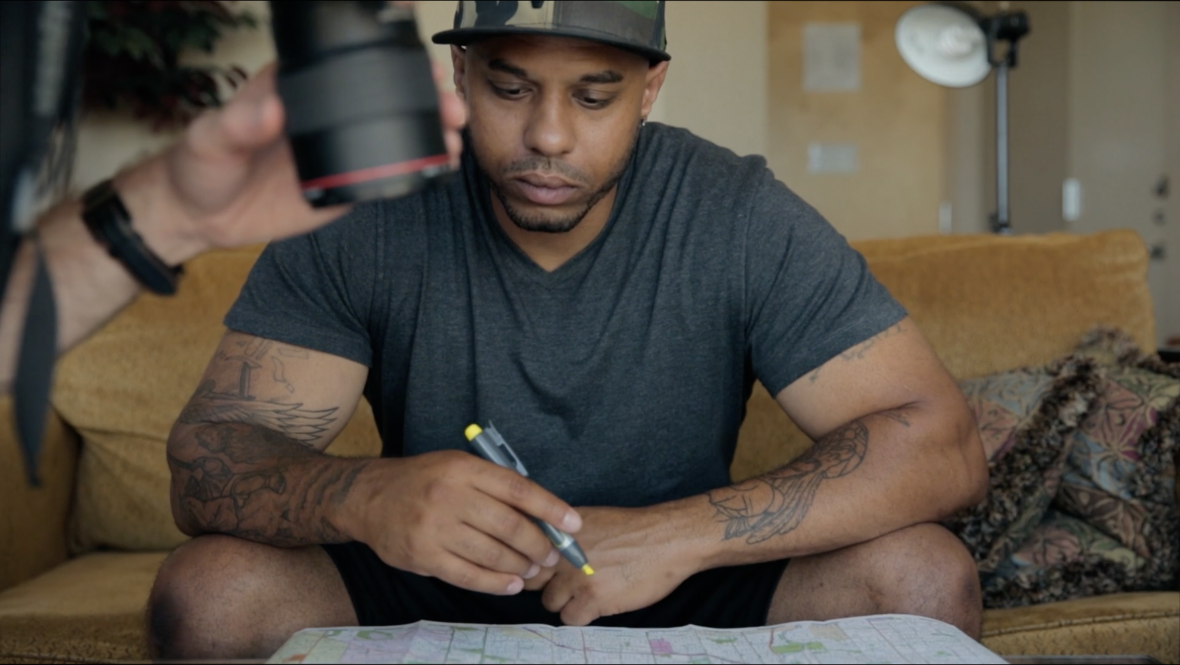
Rubinstein told theGrio, “I’m now in a state-funded protection program to protect me from someone who the city hired as an anti-violence worker.”
He added, “This is the kind of real hypocrisy that we’re seeing in local ways … we’re fighting public safety and they’re not working. Crime is going way up. Youth violence is way up. We’re in a real problem zone right now in Denver.”
Roberts said he thinks the documentary “uncovering some hard truths about why gang violence is” at an all-time high in some cities, which is not sitting well with some members of the community.
TheGrio reached out to Denver Police Department for comment but did not receive a response at the time this article was published.
TheGrio is FREE on your TV via Apple TV, Amazon Fire, Roku and Android TV. Also, please download theGrio mobile apps today!
More About:Politics
